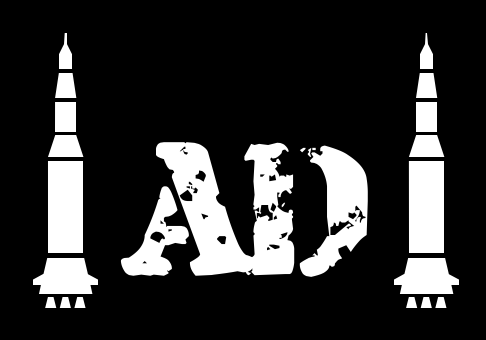I love making websites. For a relatively small cost of time and programming knowledge I can build up a broadcasting front, simple and effective, with the bottleneck being not technical skill, but advertising ability. And I know others understand that too. Virtually every business you have heard of, from consumer goods to sports leagues, has a website. A website serves as the central hub for information, a platform for inspiration, and an infinitely versatile digital poster to give to friends and exclaim “Hey! Check this out!”
While this principle is well-established in business, it’s less understood, or at least less implemented, at a personal level. I’d estimate about 10% of MIT students have some form of a website, 10% of that number keep it updated, and yet another 10% of those students create dynamic or otherwise sparkling content. MIT students are smart and innovative; they are beacons of hope for our generation who can take their presence to the next level with a website.
Websites are valuable real estate from a strategic and diplomatic view. They allow you to display your strengths, deep thoughts, and quirks. Whereas a resume (or similar mechanism) cannot show individual mindsets and life philosophies, website articles or UI allows you to create such a universe. Websites improve others’ depth of knowledge about you. When I ask to meet with a professor, I first check out his/her website. This sheds light on the goals, philosophy, and research experience thereof, and if a narrative is especially compelling, I know I have found the right one. Similarly, when I am interviewed or meet a new friend, I know he/she will have visited my website and checked out my background1. Thus, more meaning and intentional connection can be developed. Overall, this generates greater happiness, potential for an ‘alliance’, and advertisability, as the website is likely to be referred further down the friend network.
From an identity viewpoint, websites are a source of confidence and motivation for better performance. When we’re young, we’re feisty. We fight for dominion and burn with an inner fire. But it’s difficult to measure contributions, convince ourselves we’ve created something great, and create a project we’ll consistently improve upon. In other words, we need a citadel. Enter the website. With a website, you’ve cemented a space on this planet, one you call your own, without having to pay taxes2! And with all the strategic benefits mentioned above, you’ll gain the internal fuel necessary for further exploration. Websites are also pressure—the pressure that tells you others can see what you put out there, so you must always put your best foot forward. But rather than inviting collapse, websites invite discipline—that commodity which, in the modern world, seems to fade away with every hour as life gets ever more busy and unpredictable.
Most crucially, at least for the time being3, building a website will give you a massive leg up over the competition, not just in the job search, but also in everyday situations. A friend asks about your takeaways on a recent project? Direct your pal to your website! Classmates want tips and tricks for a certain class? Show them your notes on your website! Want to show professors your current understanding of a topic? You know the answer by now. The fertile ground websites offer is too good to pass up.
I’m “pro-website”, or a Website Bull™, for these reasons. You just need some HTML and CSS and you’re on your way. Maybe a dab of PHP and SQL will also help4, or maybe you’ll keep it simple like me, but with such an opportunity in front of you, why not invest? After all, it’s one of the few opportunities with guaranteed positive arbitrage…
Footnotes
1 Even as the website was partially built, with the front page complete and the other header sections reading “Filler Text”, people would reference AdamDeng.com during interviews. In particular, an education startup founder asked me about my analytical and mathematical mindset, and for the next 30 minutes we discussed how to structure and streamline knowledge.
2 Well, technically it’s not true, but follow me for a minute.
3 unless there is a simultaneous world-wide awakening and suddenly all Earthlings are gung-ho about creating their own websites
4 I am aware JavaScript exists, but I am quite nostalgic for PHP’s elephant. End of discussion.
